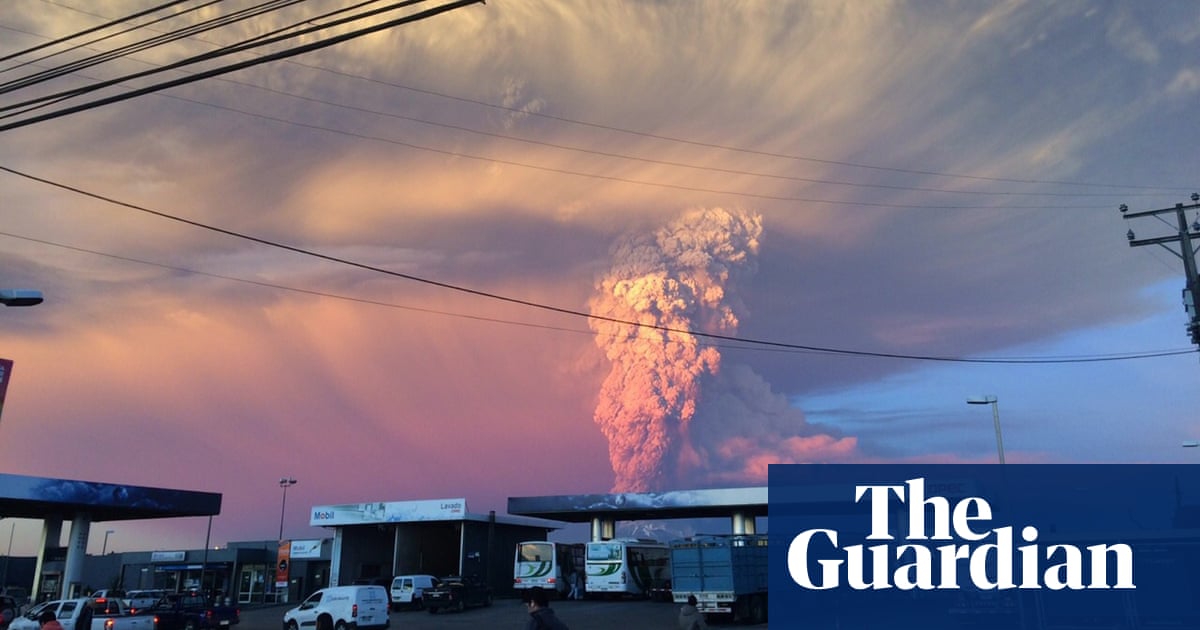
More than a third of all heat-related deaths around the world between 1991 and 2018 can be attributed to human-induced global heating, research has found.
Climate breakdown has a range of effects ranging from wildfires to extreme weather. As the temperatures rise, more intense and frequent heatwaves disproportionately affect elderly people and those with underlying chronic conditions such as asthma, making them more vulnerable to disease and premature death.
A study, published in the journal Nature Climate Change, used data from 732 locations in 43 countries to calculate the number of deaths attributed to heat levels higher than the ideal temperature for human health, which varies across locations.
The researchers examined past weather conditions simulated under scenarios with and without emissions triggered by human activity – allowing them to separate the warming and related health impact linked with human activity from natural trends.
Overall, they found 37% of all heat-related deaths in the locations studied were attributable to human activity – but the largest climate change-induced contributions (more than 50%) were in southern and western Asia (Iran and Kuwait), south-east Asia (the Philippines and Thailand) and Central and South America.
This data suggests the health effects of rapid warming are already being felt even at these relatively early stages of potential catastrophic changes in climate, said the senior study author, Prof Antonio Gasparrini of the London School of Hygiene & Tropical Medicine.
“It’s a kind of call to action to prevent or try to attenuate potential effects which, of course, will be much higher in the future as long as global warming goes on. The main message is … you don’t have to wait until 2050 to see increases in heat-related deaths.”
Aside from death, other health problems are associated with high temperatures, such as hospital admissions sparked by cardiovascular or respiratory complications. These problems are generally more frequent and add to mounting healthcare costs, said the lead author, Dr Ana Vicedo-Cabrera from the University of Berne. “Mortality … is just the tip of the iceberg.”
The analysis did not cover the whole globe; for example, there was not enough empirical data from large parts of Africa and south Asia to include them.
The study’s conclusions are both scientifically robust and alarming, said Dr Clare Goodess, a senior research fellow from the school of environmental sciences at the University of East Anglia.
“They tell us that people are already dying on every continent due to increases in heat stress caused by human-induced climate change. This highlights the imperative for global action to cut greenhouse gas emissions. It is more important than ever that meaningful agreements emerge from [UN climate conference] Cop26 in November.”
Last year, despite a 7% fall in fossil fuel burning due to coronavirus lockdowns, global temperatures were 1.2C above pre-industrial levels. This is uncomfortably close to the 1.5C target set by the world’s nations, beyond which even half a degree is thought to significantly worsen the risks of drought, floods, extreme heat and poverty for hundreds of millions of people.












